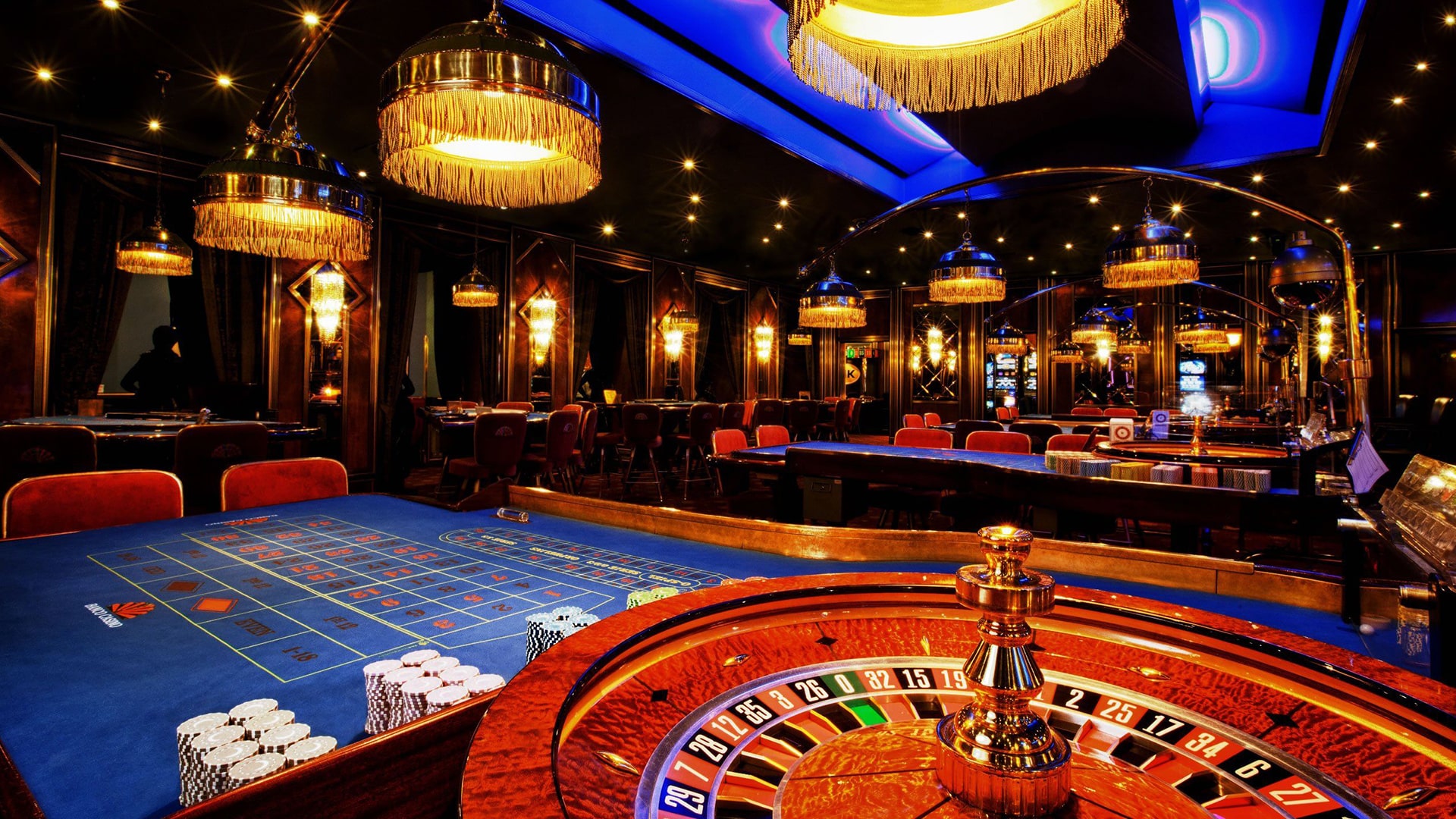
In the vibrant world of gaming, gaming games have long enthralled the imagination of players around the planet. These options, spanning traditional card options like Texas Hold’em to the rotating reels of fruit machines, offer an fascinating mix of randomness and skill. While fortune undeniably plays a crucial role in determining outcomes, the significance of expertise in many casino activities cannot be overlooked. Understanding how knowledge affects gameplay can improve not only a participant’s engagement but also their chances of success.
As we explore further the inner workings of gambling options, it becomes apparent that some need a robust base of knowledge and planning. Activities like blackjack require more than mere fortune; they demand critical thinking, emotional insight, and calculated decision-making. In contrast, other games, such as the roulette wheel and slots, are primarily driven by randomness, allowing participants to rely solely on random chance. This distinction raises fascinating questions about what really drives success in the domain of casinos and how a gambler’s competences can sway the outcome in their favor.
Grasping Skill versus Chance in Casino Activities
In the realm of casino games, the discussion between skill and luck is a enduring one. Several games are frequently categorized into two categories: those that rely predominantly on chance, such as slots and roulette, and those where skill plays a significant role, like poker and 21. The difference is important because it influences not only gameplay strategies but also the approach players adopt when participating with these games. While luck can play a critical role in the immediate, skilled players can improve their odds of winning over the long run in skill-based games.
Skill-based games, particularly poker, require players to understand probability, human behavior, and game strategies. A seasoned poker player can read rivals, make strategic bets, and understand when to fold, all of which can lead to greater favorable outcomes. On the other hand, in games that are purely chance-driven, no amount of skill can alter the odds. This means that while a player may win big in one session, their victory may frequently be subject to the vagaries of chance results rather than any strategic expertise.
In the end, both skill and luck coexist in the world of casino games, forming a vibrant environment for players. Although games of chance can provide excitement and instant gratification, mastery and strategy in skill-based games offer a richer level of engagement for those willing to dedicate time in refining their craft. This interplay between skill and luck defines the experiences of players and shapes their connection with the games they choose to play. nuebe
The Impact of Skill on Game Outcomes
In the field of gambling games, proficiency plays a key role in determining the outcomes, especially in activities where tactics and choices are paramount. For example, in poker, players must analyze opponents, calculate probabilities, and make calculated bets to enhance their chances of succeeding. Unlike activities that depend purely on luck, such as slot machines or the roulette wheel, this game demands an understanding of both the rules and the behavior of other players, making expertise a critical component of victory.
Additional strategy-based activities, like the game of blackjack, also highlight the significance of player expertise. Understanding of basic strategy, card counting, and when to hit or stand can significantly influence the casino advantage. A proficient 21 player can reduce this edge and improve their odds of success over time. This contrasts with games that do not allow for such tactical play, showcasing how the level of expertise influences the possibility for positive outcomes.
Moreover, even within games considered primarily luck-based, like the game of craps, the decisions made by players can influence their overall performance. Choosing the optimal bets, understanding the odds of different results, and controlling one’s bankroll are essential factors that can enhance a participant’s experience and results. Thus, while chance remains a component in gambling, ability can substantially affect how effectively participants navigate these environments, leading to more positive outcomes.
Tactics for Proficient Play in Casinos
To thrive in casino games, players must develop a robust understanding of the rules and probabilities involved in various games. This basic knowledge enables individuals to make wise choices, especially in skill-based games like poker and 21. Getting familiar oneself with game strategies, such as keeping track of cards in 21 or identifying betting patterns in poker, can significantly enhance a player’s chances of winning. Sharpening these tactics through mock games or low-risk games allows players to refine their skills without risking substantial amounts of cash at risk.
A further key approach is bankroll management. Players should establish a spending limit before going into the casino and stick to it rigorously. This involves determining how much they are prepared to lose and imposing restrictions on how much they will wager in each session. By keeping a regulated approach to gambling, players can sustain their play and reduce the risk of major losses. Additionally, taking breaks can help preserve a clear head and prevent rash decisions that often lead to poor play.
Finally, managing emotions is vital in the high-stakes environment of a gambling house. Players must be adept at controlling their emotions, particularly during times of winning or defeats streaks. Staying attentive and not allowing emotions dictate gameplay can lead to more logical decisions. Techniques such as taking deep breaths or stepping away from the table during intense moments can help keep calmness. By cultivating a steady mindset, players can approach gambling games with assurance and expertise, ultimately enhancing their overall experience and outcomes.